| Our letter is to The European Committee for the Prevention of Torture and Inhuman or Degrading Treatment or Punishment (CPT) that is the anti-torture committee of the Council of Europe. Right now the Committee is visiting in Finland. |
Finland has very high rates of children placed into foster care and a many ECHR (European Court of Human Rights) verdicts of human rights violations in child welfare services.
Foster care children and their families constantly report us of violations of human rights in foster care, which has no proper surveillance or governmental control in Finland.
The main shortcomings are:
1. Children and families are not offered sufficient support measures before, during or after placements. The support measures used are not voluntary or useful to the families. Often the real target of these measures is to find grounds to initiate or continue foster care placements.
2. Families are not entitled to objective investigation or fair trial according to the European Convention of Human Rights.
The trials are not held in objective Distractive courts but in Administrative courts, where incompetent and inexperienced judges, often ex- social workers accept (acceptance rate over 95%) almost all applications of social workers without hearing the families or investigation or demanding proof of the accusations.
3. The placements are not temporary but permanent, and no efforts are made to re-unite the families.
4. There is a continuous lack of surveillance in foster care; both in institutional and family care. Children and parents reporting the violations of foster care are punished, isolated from each other or the child is ordered a child welfare guardian, which in Finland does not have to be neutral and often is a social worker or connected to foster care.
5. Social workers, often incompetent (in some regions over half of the staff) and challengeable (every third is planning to be private entrepreneur) protect the agents and entrepreneurs of foster care instead of children.
Regional State Administrative Agencies AVI admits the lack of surveillance and states, that at worst foster care institutions are visited only once in ten years. Often the control is limited to reading reports produced by institutional care agentsthemselves.
National Audit Office of Finland and The Parliamentary Ombudsman of Finland have reported of constant and serious problems in foster care and child protection. The Parliamentary Ombudsman of Finland states, that
"The supervision of foster care in child protection is insufficient. The child protection authorities at the municipal level do not have enough time to visit foster care locations and they are not sufficiently familiar with the conditions and treatment of the children. The regional state administrative agencies do not have enough resources for inspections. Measures limiting the right to self-determination often lack legal grounds, for example, when they are based only on ‘institutional power’.”
In unregulated situations, limiting measures may be excessive or inconsistent.
The supervision of policies limiting self-determination is insufficient, and the controllability of these measures has shortcomings as there are no procedural guarantees of protection under the law. (2013, 62).
CASES
We would like to report you two recent cases in the Finnish foster care, and the role of social workers as protectors the violators in stead of violated children.
Case 1) A foster care family, nominated as the Foster Family of the Year 2010 was proven guilty of beating, strangling and keeping the foster children in hot sauna-bath and in snow.
The biological mother of the children constantly reported the social worker of the bruises she noticed and made formal child welfare notification. The social worker did not document the notifications, neither made any kind of action to investigate the bruises. Instead, she prohibited the mother to see her children.
Case 2) A former board member of Foster Family Association was convicted of beating, isolating and starving her foster care children, giving them electric shocks and causing them frost injuries.
The foster mother was able to torture the foster children for a long period because of the lack of surveillance of foster care and the lack of legal protection of child welfare clients. Instead of paying attention to the shortcomings of child welfare services and foster care, the child welfare organizations and media concentrate in protecting the honor of foster care institutions and the reputation of child welfare services.
We suggest that the Committee would investigate Children foster homes
In practice, Lokakuun Liike is just a group of independent people; students, parents, journalists, teachers and lawyers working voluntary to improve the rights and conditions of the child welfare families.
We (October Movement) suggest that the Committee would investigate whether the Children foster homes which may use restrictions towards the children and their families, have used the record keeping of restrictive measures and the measures have been processed in a way that the Section 74 of Children Welfare Act (417/2007) provides. Relevant law is Children Welfare Act Sections 13 b, 21 and Chapter 11, Sections 61-74.
We suggest that you investigate for examble the following institutions, which are located in Northern Finland:
Onnelan lastenkoti, Oulu > Documents "10+1 syytä elää" ja "Kadonneet lapset"
Koulukoti Pohjolakoti, Muhos > Article
Oy Nordfami Ab, Ranua > Article
We hope, that you will bring these shortcomings to the awareness of international audience, and urge you to encourage the Finnish authorities to start an objective study of the conditions of contemporary Finnish foster care.
Lokakuun liike
[email protected]
Other articles:
Leeni Ikonen, Master of Laws: An advisory for child welfare clients
October Movement´s Documentary production:
Story of Family K.
10 + 1 Reasons to live: Disappeared Children: Prison in a Fosterhome:

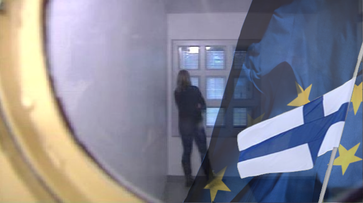
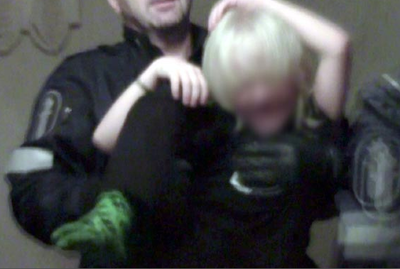
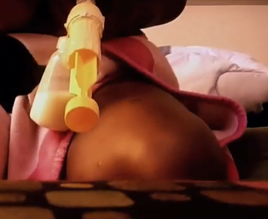
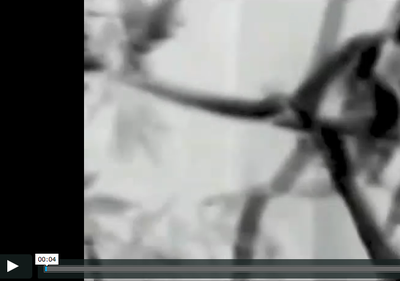
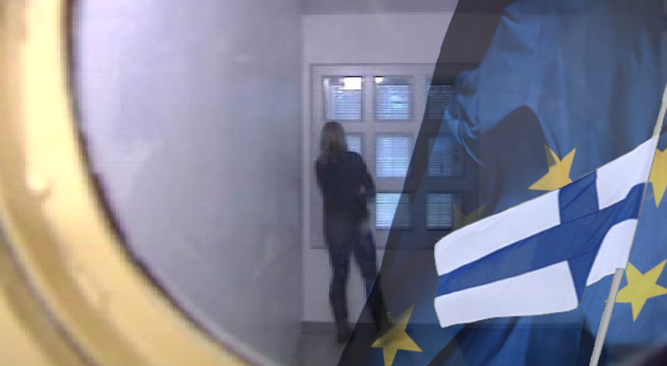
 RSS Feed
RSS Feed
